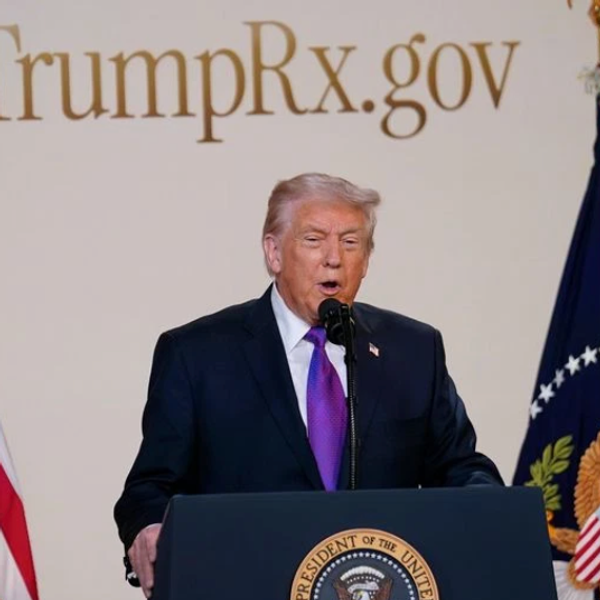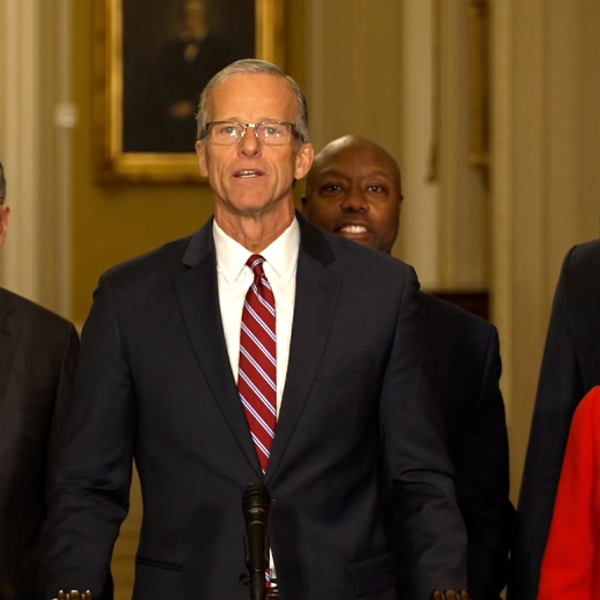American Cancer Society Abandons ‘One-Size-Fits-All’ Advice On Mammograms

By Karen Kaplan, Los Angeles Times (TNS)
After a thorough review of the benefits and limitations of mammograms, the nation’s top cancer-fighting organization is advising women that they can wait until they are 45 years old to start using the tests to screen for breast cancer.
New guidelines from the American Cancer Society also assure women that they can have fewer mammograms over the course of their lives.
The guidelines, published in Wednesday’s edition of the Journal of the American Medical Association, are designed for women who are in good health and have no reason to suspect their risk of developing breast cancer is above average. They represent a departure from the group’s previous recommendation that all women with an average risk of breast cancer get annual mammograms starting at age 40.
Although the American Cancer Society still endorses that course for women who prefer it, the group acknowledged that some women favor a less aggressive approach to breast cancer screening. If so, it said, they can delay their first mammogram until they are 45 and wait two years between screenings starting at age 55 without fear that doing so will put their health in jeopardy.
Either way, regular mammograms should continue as long as women have a life expectancy of at least 10 years and are good candidates for breast cancer treatment, the guidelines say.
“We moved away from a one-size-fits-all approach to something that is more personalized or individualized,” said Dr. Kevin Oeffinger, director of the Cancer Survivorship Center at Memorial Sloan-Kettering Cancer Center and lead author of the guidelines.
The coming decade will see medicine become more tailored to a patient’s particular biology, genetics and environmental influences, Oeffinger said, and “this is a step in that direction.”
The new recommendations bring the American Cancer Society into closer alignment with the U.S. Preventive Services Task Force, an independent panel of experts convened by the federal Agency for Healthcare Research and Quality.
The task force touched off an emotional debate about mammograms with its 2009 recommendation that women at average risk for breast cancer be screened only once every two years, primarily between the ages of 50 and 74. Screening may begin at age 40 if women so choose after discussing the pros and cons with their doctors, it said.
“There is substantial agreement now,” said Dr. Albert Siu, who heads the task force. “Both of these guidelines indicate that the mammogram is a good test, although it’s not perfect.”
Mammograms save lives by finding cancers that can be cured if caught at an early, treatable stage. But they also find tumors that are not destined to become dangerous if left alone, as well as tumors that can’t be stopped by surgery, radiation, chemotherapy or other drugs.
The problem is that lots of these tumors look the same on a mammogram, so doctors wind up treating them all. That leads to a certain amount of unnecessary care, which doctors call overtreatment.
Many recent studies have weighed the benefits of identifying dangerous but treatable cancers against the harm of overtreatment. In general, they have found that the younger the woman, the greater the chance that the benefits of early detection will be small while the harms of overtreatment will be large.
For instance, evidence from randomized clinical trials suggests that for women in their 40s and 50s, screening mammograms reduce the risk of dying of breast cancer by a modest 15 percent. That means 85 percent of the women in this age group who die of breast cancer would succumb to the disease whether they had a mammogram or not.
Some women see this as a good reason to cut back on mammograms. Other women would rather accept the risk of potentially unnecessary treatment to maximize the chance that a mammogram would make a lifesaving discovery. Both decisions are reasonable, Oeffinger said. In his own family, he said, he has one sister who is sticking with annual mammograms and one sister who has scaled back.
“We don’t want to make people feel wrong or guilty if they opt not to” get a mammogram every year, he said. “We support a woman going to a health care provider and having a discussion and making an informed decision.”
That type of thinking mirrors an overall shift in medicine toward tailoring care for each patient based on his or her values and needs, said Dr. Patricia Ganz, director of the Center for Cancer Prevention and Control Research at UCLA’s Jonsson Comprehensive Cancer Center.
“We can’t do cookie-cutter medicine,” she said.
Photo: A technician stands next to a machine at a breast cancer treatment center. Spectrum Health via Flickr








